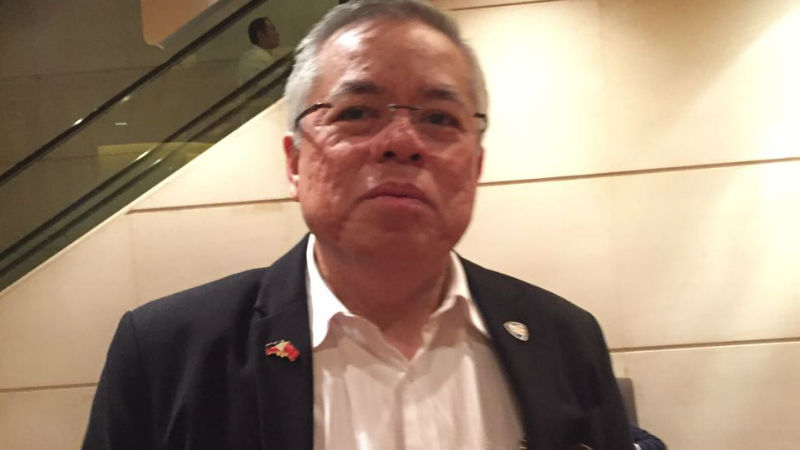The Philippines expects to seal an initial $2 billion worth of trade and investment deals with Japanese investors, on top of the additional official development assistance being sought by the government during President Duterte’s state visit to Japan this week.
Trade Secretary Ramon Lopez said around 12 private sector deals—covering a range of industries, including manufacturing and agriculture—were expected to be signed this week. Close to 200 Filipino business leaders are joining the trip.
One of the agribusiness deals involved a Japanese company that has expressed interest in ordering 20 million boxes of fruits yearly from the Philippines. Each box is estimated to weigh 13 kilos.
“So, we hope to further improve our trade and investment (levels) with Japan and to have more of the Japanese companies buying our products… The deals mentioned are just the initial ones that are within sight. It could be more. We’re working on hopefully some other official development assistance (ODA) that can be improved,” Lopez said.
He said the ODA could be in terms of technical cooperation, training, capacity building, research and development support, and exchange of scholars.
The ODA is also expected to help develop and promote the country’s micro-, small- and medium-scale enterprises, and cover initiatives for the environment and the recovery plan for those devastated by Supertyphoon “Yolanda’’ (international name: Haiyan) in 2013.
The country’s interest in getting additional concessions for both trade and services under the country’s Philippines-Japan Economic Partnership Agreement (Pjepa) may be brought up during the bilateral meetings, according to Lopez.
During the Aquino administration, trade officials said they would seek the removal of quotas and tariffs on the country’s key agricultural exports, such as bananas and pineapples under the Pjepa.
The Philippines also sought the removal of quotas on chicken so local exporters could ship more chicken products to Japan.
The same goes for pineapples, which are subject to a quota, and bananas, which are slapped with seasonal tariffs. Japan slaps higher duties on products like bananas during the months that these are “in season” there.
RELATED VIDEO
